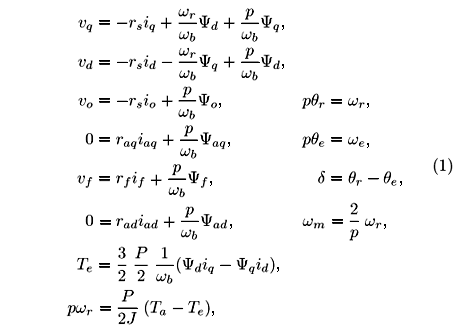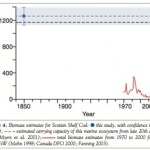The Continued Phenomena of Global Draining
Dr. M, National Institute of Ocean Fluctuation Research, Deep-Sea News Way, Suite 100, Timbuktu 20501
Recently, Southern Fried Scientist (2010) provided the first data demonstrating global draining. This alarming trend was until recently unrecognized by the scientific community (reviewed in Southern Fried Scientist 2010). Southern Fried Scientist states that
Earlier today, as I sat watching the sea, I noticed a disturbing trend. While scientist and environmentalists may claim the sea level is rising, I watched with my own eyes as the sea retreated. The data are irrefutable, we have entered into a downward spiral of Global Draining.
Here, I report results that bare on the matter of Global Draining (Southern Fried Scientist 2010) and provide further support of continued draining of the world’s oceans. Local-scale observation of in situ draining combined with a robust theoretical model firmly place the rate of draining at 40 Gigatons of H2o per year.
In an approximately 20 kilometer square area, data were collected from 18 acrylic or fiberglass basins (6’*3’*2′) located with individual residences. These basins were previously used for lavation of human subjects. Analyses indicate a significant (p<0.0001, R2=.921) amount of draining at the rate of 12.4 liters per minute across all lavation basins.
Utilizing these data, I construct a simple model.  Conceptually, the model scales up local draining, utilizing our in situ estimates, to ocean wide draining. The model clearly demonstrates that global draining will rapidly increase in the next 50 years from 1 Gigaton to 40 Gigatons per year. Further simulation analysis (below) using the liquid holdup equation, gas holdup equation (as derived by Yu and Rittmann, 1997), Foscolo et al. (1983)’s parameter estimates, and balancing phase components, demonstrates the robustness of the model.
Conceptually, the model scales up local draining, utilizing our in situ estimates, to ocean wide draining. The model clearly demonstrates that global draining will rapidly increase in the next 50 years from 1 Gigaton to 40 Gigatons per year. Further simulation analysis (below) using the liquid holdup equation, gas holdup equation (as derived by Yu and Rittmann, 1997), Foscolo et al. (1983)’s parameter estimates, and balancing phase components, demonstrates the robustness of the model.
Journal of the Global Draining Society Letters, B (2010) 1(1):12-15 doi:10340823.xadflk







My god this global draining you speak of, if true, will kill all the sharks, and by that logic once the sharks are gone we will run out of oxygen (according to sea shepherd shark scientists).
This is truely a disaster of major proportions.
Perhaps if we all threw cups of water from our taps?